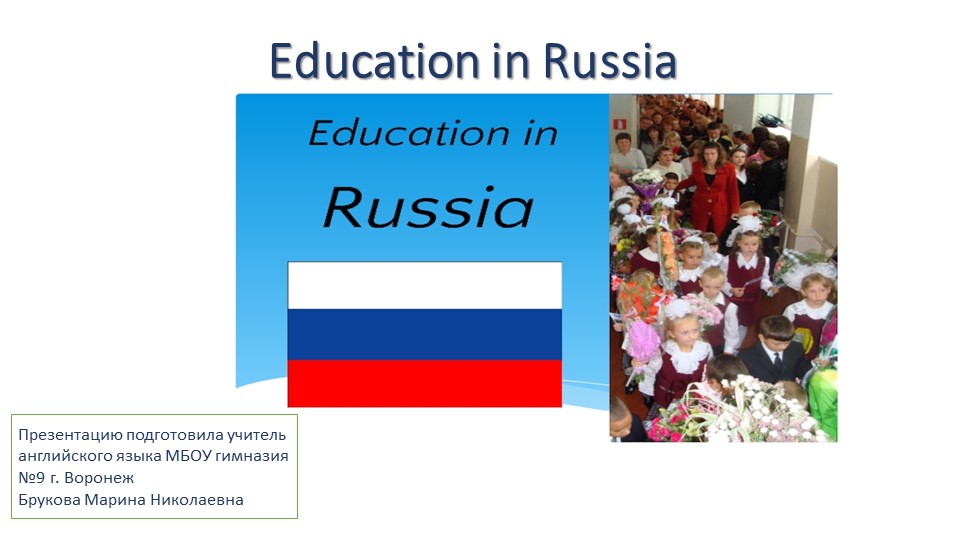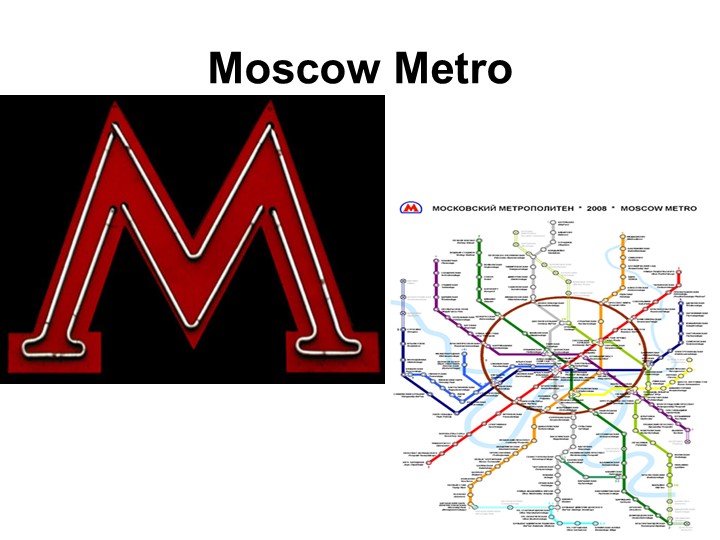Презентация - "Презентация по английскому языку "Education in Russia",10 класс УМК Spotlight"

- Презентации / Другие презентации
- 0
- 18.10.24
Просмотреть и скачать презентацию на тему "Презентация по английскому языку "Education in Russia",10 класс УМК Spotlight"
Сайт klass-uchebnik.com предлагает качественные учебные материалы для школьников, родителей и учителей. Здесь можно бесплатно читать и скачивать современные учебники, рабочие тетради, а также наглядные презентации по всем предметам школьной программы. Материалы распределены по классам и темам, что делает поиск максимально удобным. Каждое пособие отличается логичной структурой, доступной подачей материала и соответствует действующим образовательным стандартам. Благодаря простому языку, наглядным схемам и практическим заданиям, обучение становится легче и эффективнее. Учебники подойдут как для ежедневной подготовки к урокам, так и для систематического повторения перед экзаменами.
Особое внимание стоит уделить разделу с презентациями - они становятся отличным визуальным дополнением к теории, помогают лучше понять сложные темы и удерживают внимание учащихся. Такие материалы удобно использовать в классе на интерактивной доске или при самостоятельной подготовке дома. Все размещённые на платформе материалы проверены на актуальность и соответствие учебной программе. Это делает сайт надёжным помощником в образовательном процессе для всех участников: школьников, учителей и родителей. Особенно удобно, что всё доступно онлайн без регистрации и в свободном доступе.
Если вы ищете надежный источник для подготовки к урокам, контрольным и экзаменам - klass-uchebnik.com станет отличным выбором. Здесь вы найдёте всё необходимое, включая "Презентация по английскому языку "Education in Russia",10 класс УМК Spotlight", чтобы сделать обучение более организованным, интересным и результативным.
Education in Russia
Презентацию подготовила учитель английского языка МБОУ гимназия №9 г. Воронеж
Брукова Марина Николаевна
Education in Russia is a set of study programs which are compiled in accordance with the regulations on the state standard of education. It includes several stages:
Pre-school education
General secondary education
Vocational education
Higher education
Children can start going to crèches when they are 1-year old, and they can stay there until when they are 3 years old. After that, they go to kindergartens. Children complete their education at kindergartens at the age of 6 or 7. In Russia pre-school education is not compulsory, so parents decide if their children will attend a crèche or a kindergarten or they won’t.
According to the law of the Russian Federation, general secondary education includes:
Primary general secondary education (from 6 to 10 years of age, 1-4 grades)
Basic general secondary education (from 10 to 15 years of age, 5-9 grades)
Complete general secondary education (from 15 to 17years of age, 10-11 grades)
When a child turns 6 years old, he/she starts obtaining primary general education. Children can go to a school, gymnasium, or lyceum. Gymnasiums and lyceums are different from schools as they provide advanced training, or they introduce additional study subjects which will be useful for the students who are planning to enter higher educational institutions.
. The most important period is the secondary school, which starts from the 4th or 5th grade, depending on school. This is the time when children start learning Biology, Geography, Chemistry, Physics, Computing, and many other new subjects.
At the 9th grade children face a very important period in their life. They have to choose whether to continue school education, or to leave for other types of educational institutions, such as college, specialized schools and else. If the pupil decides to continue studying in high school, which lasts for two years, he can enter the university after school graduation.
After finishing a secondary school students can study in universities and institutes of the country. Most importantly is to pass their final exams well. Education in Russia is free, but the budget places aren't enough for all students, so each institution has a commercial department, where they students whose parents have a financial opportunity can get higher education.










